Tighter environmental restrictions included in the latest Nitrates Action Programme (NAP) consultation document will increase on-farm costs and could significantly reduce agricultural output, farm organisations have warned.
A proposed clampdown on slurry management and spreading, the reduction in chemical nitrogen allowances and the potential for lower stocking rates in dairy herds were cited by the ICMSA and IFA as the primary areas of concern.
The latest consultation document on the NAP was published this week by the Department of Housing, Local Government and Heritage in conjunction with the Department of Agriculture.
Reducing nitrate levels in watercourses and retaining commercial agriculture were not incompatible aspirations or goals, the farm organisations maintained.
“But these nitrates regulations miss that balance that they have to hit,” said ICMSA leader, Pat McCormack.
McCormack said the proposed tighter dates for spreading slurry and soiled water, and the proposed “banding” of dairy cows in a way that will penalise farmers with high yielding stock, were particularly concerning.
IFA dairy chair Stephen Arthur pointed out that there are over 20 proposals outlined in the draft document, yet farm income isn’t mentioned once.
The proposal prohibiting the spread of soiled water for an eight-week period is far too onerous on dairy farmers, particularly farmers operating split-calving systems, Arthur claimed.
The IFA representative estimated that farmers milking 100 cows will have to increase their soiled water storage capacity six-fold, at a cost of €20,000 to €30,000, to comply with such a regulation.



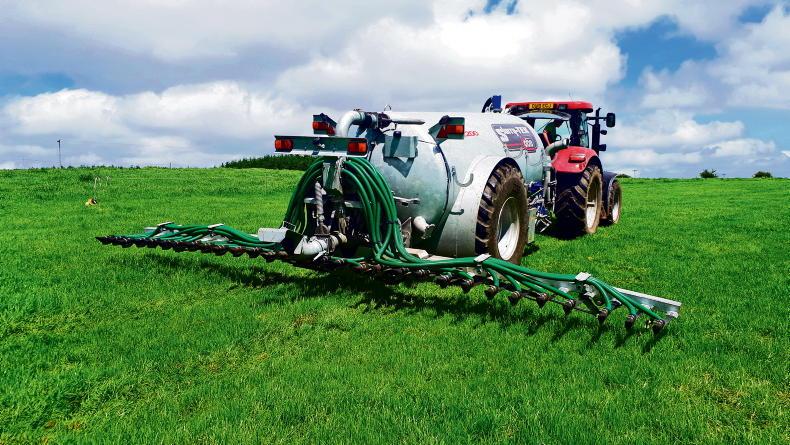
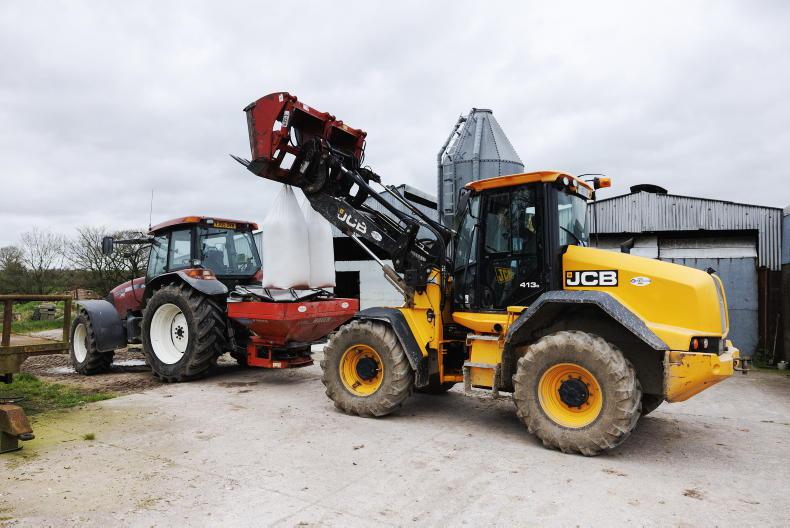

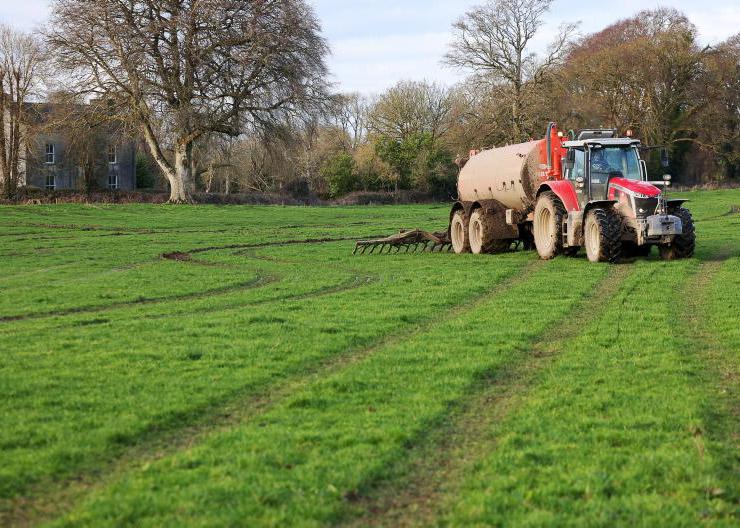
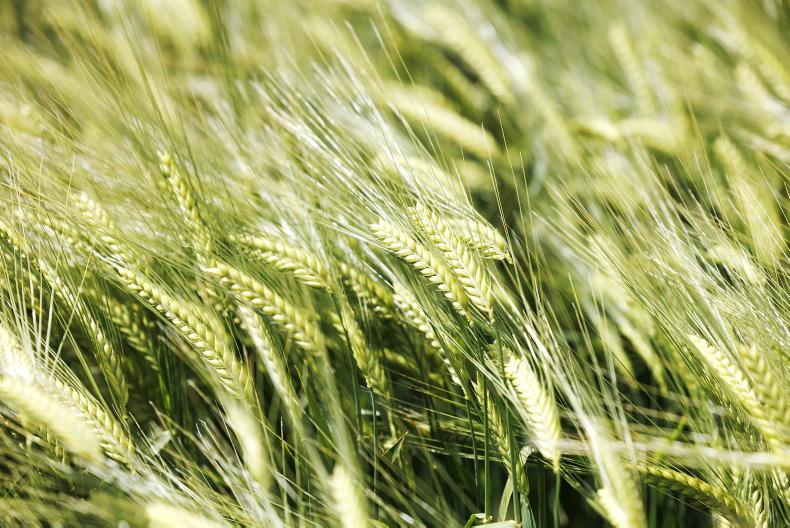
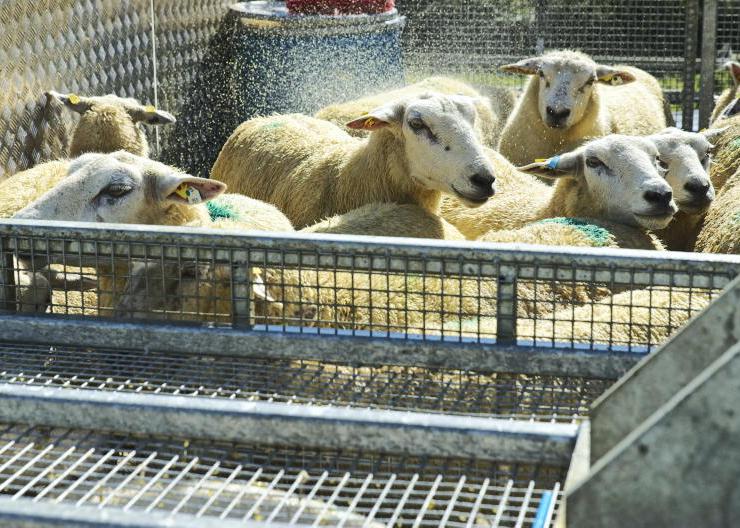
SHARING OPTIONS